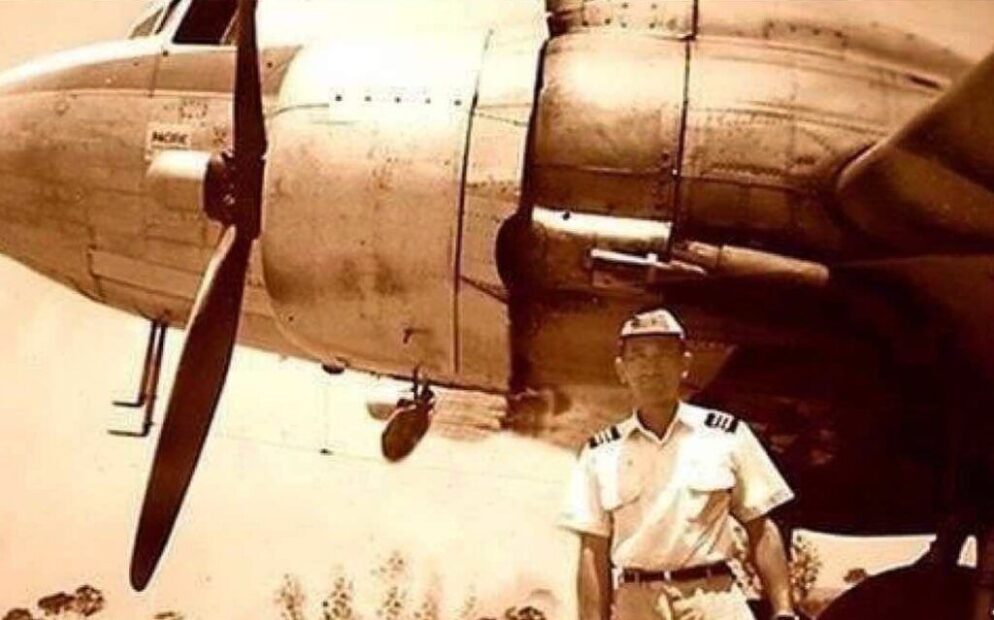I’m Andrew, SEARAC’s new California Policy Manager. I’m thrilled to join the team, building on SEARAC’s incredible history and mission uplifting Southeast Asian Americans (SEAA) everywhere – but especially here in my home state of California, also home to the largest SEAA population in the country.
Coming to SEARAC has sparked deeper conversations with my mom about our family’s own experiences in Southeast Asia. My family has a deep and complicated personal connection to the Vietnam War, and it has been powerful to learn more about our stories of violence and migration as an adult. I never met my maternal grandfather – a pilot of Hakka descent from Southern China who went missing in action during the war while transferring supplies, heading north from Saigon. Sometimes contracted by the US government, he flew commercial planes for China Airlines, traveled often, and lived throughout Southeast Asia. My mom remembers that he was home in Taipei for the new year in 1974, when he received a phone call requesting he swap schedules with a colleague and resume travel. It’s unclear he was shot down, crashed, or captured, but my grandfather was declared deceased 10 years later.
By that point, my mom had already immigrated to Los Angeles and was a waitress in Chinatown and a domestic worker on the Westside. She settled in the San Gabriel Valley and rented in Monterey Park, Alhambra, and Arcadia. My parents later moved south, and as a kid I spent every Sunday going to church in Little Saigon, Orange County. No weekend was complete without a final stop to the shopping plaza across the street to pick up groceries and banh mi for lunch. I look back and am proud that all of these places – places that immigrants and refugees have built and have now called home for decades – are part of me. It’s obvious to say, but always bewildering to sit with the undeniable fact that we carry history with us in the ordinary life of every day. There is gray and hope and loss and resilience and pain, and if you’re quiet, you might hear the whispers of what’s still unspoken.
As a non-Southeast Asian, I’m moved by the pieces of history I do share with the diaspora SEARAC serves (and clear-eyed about how our stories differ). This year will be my mom’s 50th year in the United States, and we’re working right now to put together the most complete family tree, biographies, and documents we can. It’s a difficult project for many in our family, but perhaps for different reasons. Another milestone is approaching us at SEARAC: the 50th anniversary of the SEAA community in 2025.
All this makes me think of a Native American mentor of mine who would always encourage those around him to think of ourselves collectively as “future ancestors”.The phrase has been on a Post-it note above my desk for years now. As future ancestors together, how might we each live differently today? What stories would we share? What would we remember? How will we build power to create a better world, free of violence and full of care, for all of us?
I’m glad we’ll keep asking the questions, in community, here at SEARAC.
Andrew is SEARAC’s California Policy Manager and can be reached at andrew@searac.org

